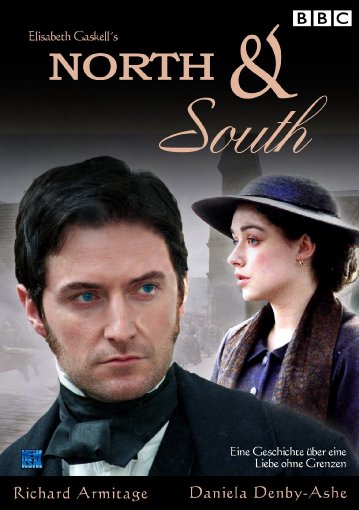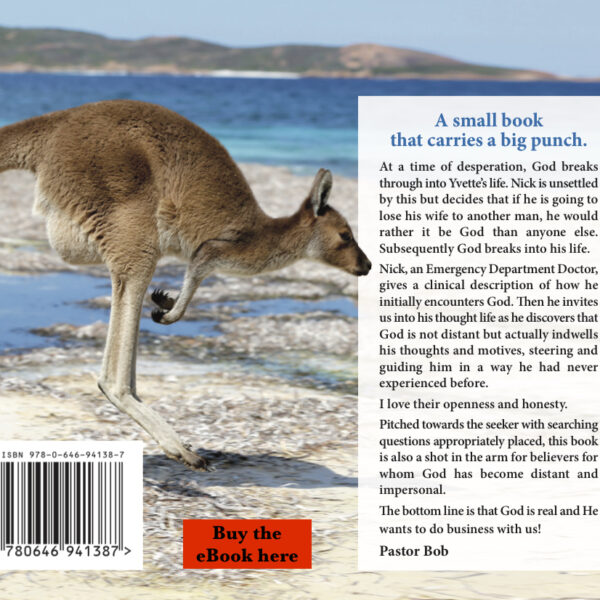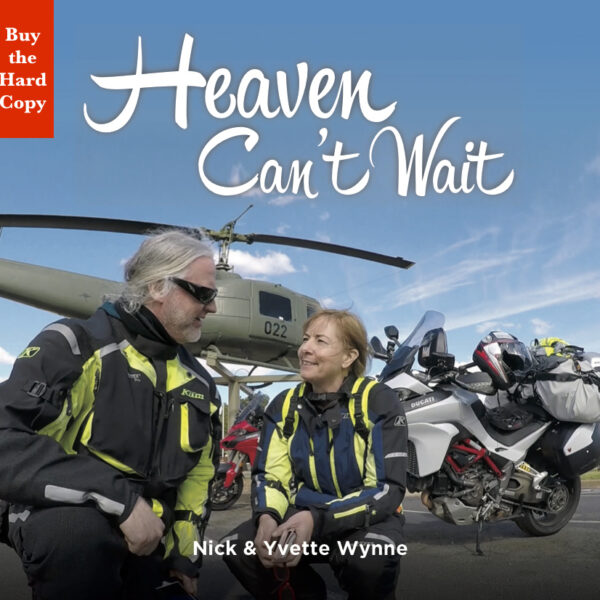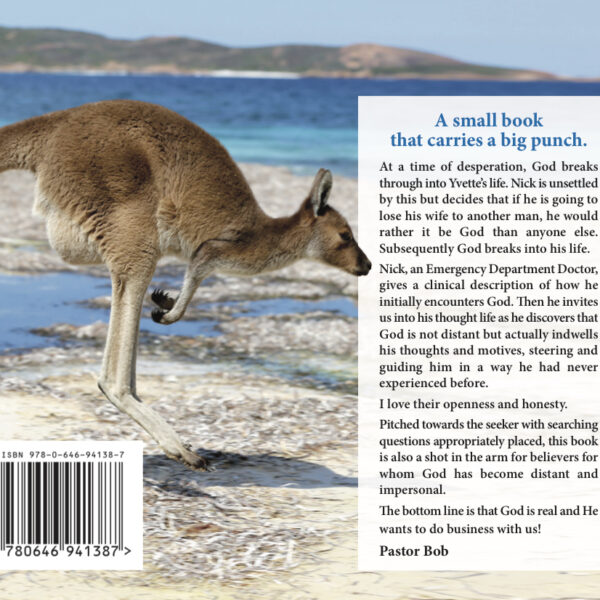Before Confrontation starts
Minimising Confrontation
There’s lessons to be learned in movies. Well, that’s my excuse for watching the chick flick, North and South, with my daughter in the holidays.
The opening scene has the hero, Mr Thornton as the boss, beating a worker in his cotton mill. The heroine, Margaret Hale, stumbles across this scene and is flabergasted by his inhumane act and judges Mr Thornton accordingly.
The next scene has these two in the obligatory, romantical surprise meeting, and Margaret’s glare at Mr Thornton is enough to defrost an Ice Queen. She is revolted by this poor excuse for a man, as her viper speech indicates. And herein lies my point: accusation has come before clarification.
Mr Thornton explains his actions, his motives. The worker had been reckless and indulgent; gratifying his own desires to smoke, risking incinerating the hundreds of workers in the highly flammable factory. There was precedent, hundreds of workers died the year before in a fire caused by smoking.
Mr Thornton had justifiable reasons, he was potentially saving the lives of hundreds. But now Margaret has come out swinging, and it’s very hard for her to repent, to turn back. Will she dig herself further into a pit? Or halt the confrontation by apologising? For the sake of drama, she digs in. Grab your topdeck chocolate, and paddle pop dipped in cream, the unfolding story is sleepover heaven.
And this is my final point. Many of us are like Margaret, and we get offended by some words or action by others. We don’t stop to clarify and find out the person’s motive, instead we launch in to attack. If we attack and are wrong, we now have a pride issue to overcome. We have to eat humble pie which is hard and tastes lousy, many choose to leave it on the shelf, even though it’s nutritious. The bottom line is the more we clarify, the less we will need to apologise.[/vc_column_text][/vc_column][/vc_row]







